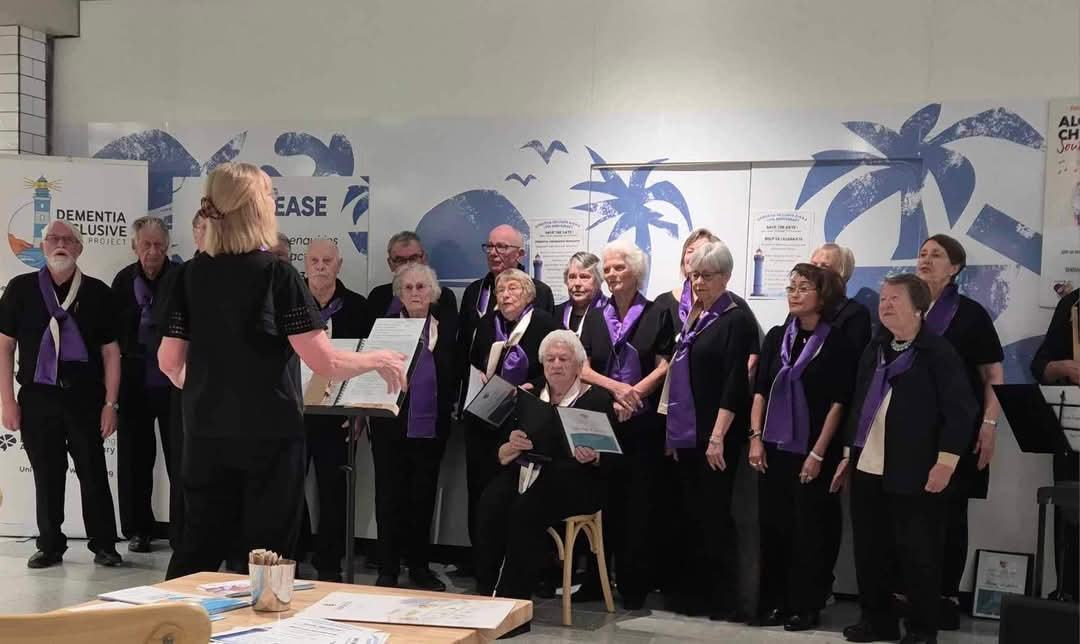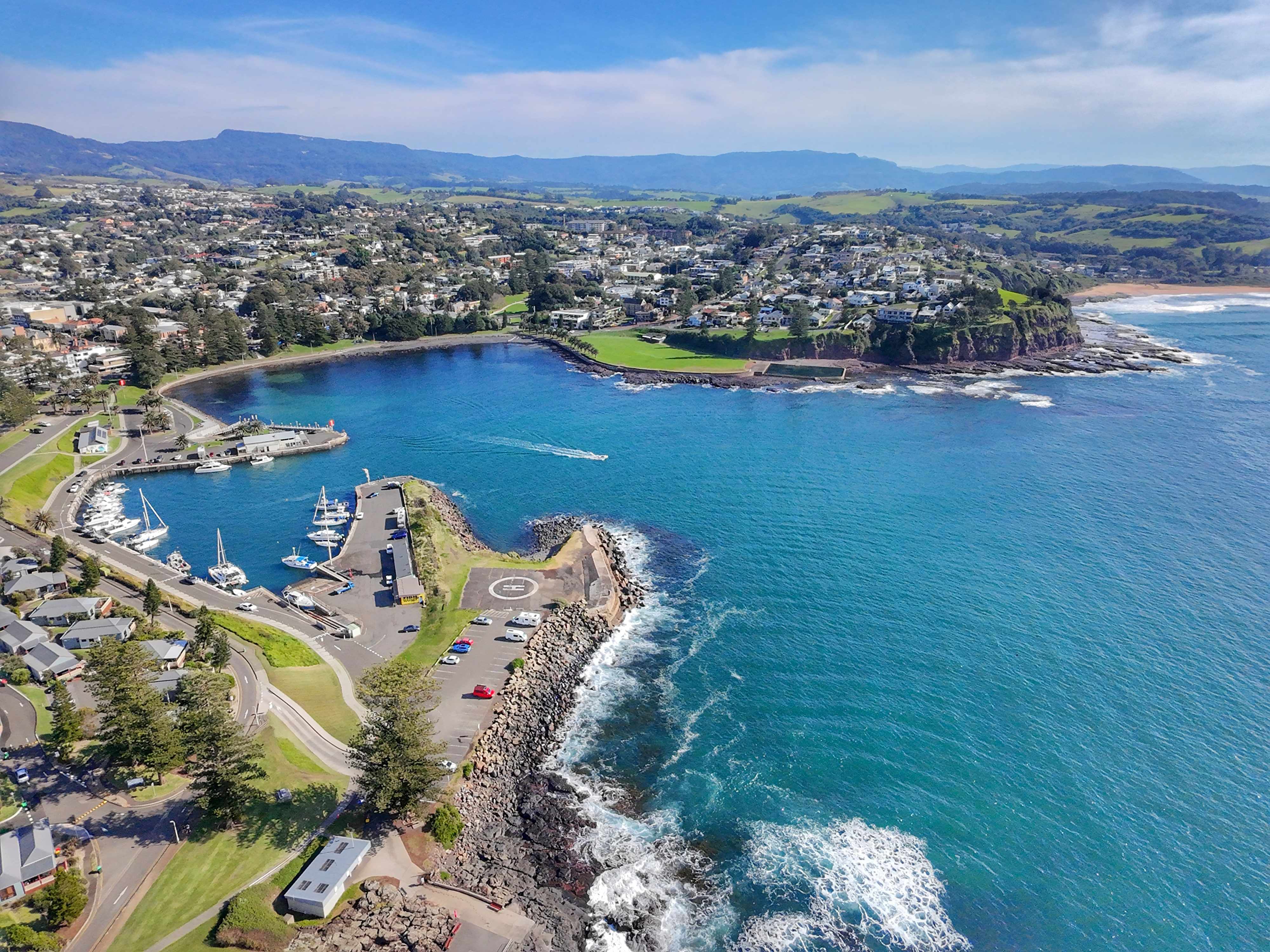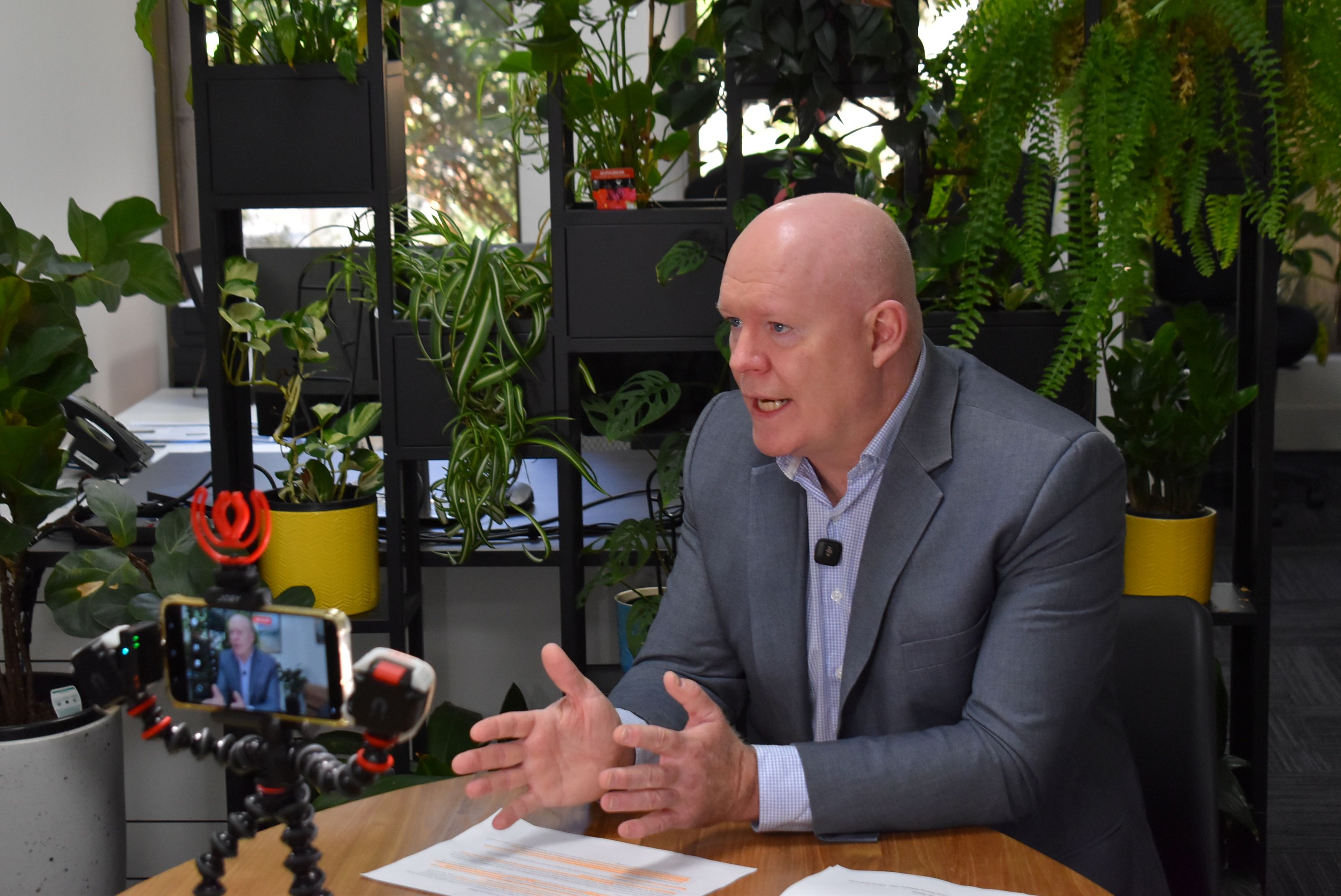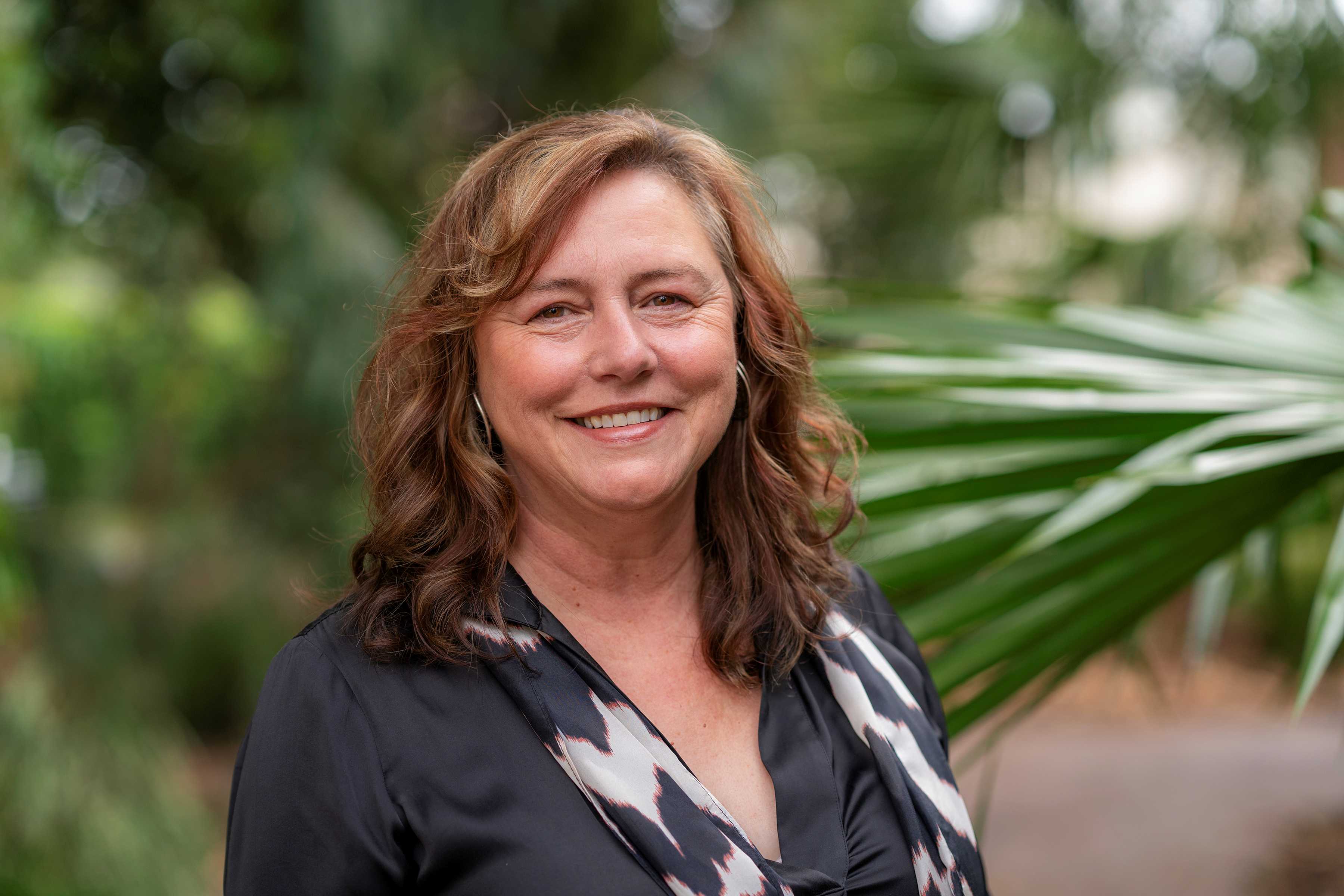True understanding of Council in short supply among online critics
Neil Reilly
03 August 2025, 8:00 AM
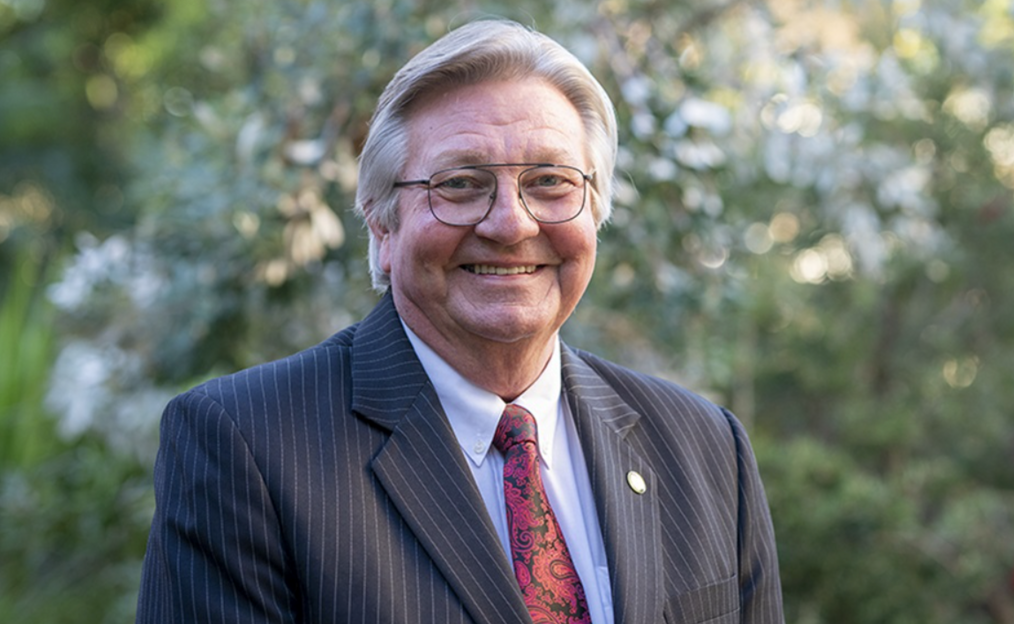 Former Kiama Mayor Neil Reilly.
Former Kiama Mayor Neil Reilly.Suppose for a moment that in your working life, everything you do is recorded.
Every email kept. Every decision reviewed. Every offhand comment, whether made in your workplace or at your local café, open to public comment, critique, or condemnation by people who may have no training or insight into your field.
Welcome to local government!
When I served as Mayor, I found this reality came with the territory.
Whether I was shopping, scrolling Facebook, grabbing a coffee or answering an unfamiliar number on my mobile, I could expect a performance review at any moment.
And truly, I didn’t mind. Oscar Wilde said it best: “There is only one thing in the world worse than being talked about, and that is not being talked about.”
But lately, I’ve ve found myself worrying, oddly not for myself, but for others.
I worry for the new councillors, who face a wall of online criticism before they’ve had time to find the kitchen kettle.
I worry for the staff and volunteers; highly qualified, deeply experienced professionals who quietly keep the lights on, the bins collected, the pools open and the development proposals assessed.
I worry because while criticism is easy, understanding is hard. And at the local level, understanding is in very short supply.
Recent research shows that across Australia, local government is one of the most misunderstood levels of government, yet it is also the most visible and criticised.
One major survey found only one in 10 people felt they clearly understood how their council allocates funding.
Another found that a third of people didn’t know who their local councillors were.
Yet these same councils are expected to deliver everything from assisted living to animal control, libraries to lifeguards, toilets to town planning and often, to do it with less staff and less budget than people realise.
We talk a lot about fairness, but fairness is an abstract concept. It is not even always possible.
What is possible (and what I hope to offer) is greater understanding. Not to silence the critics, but to help them see the full picture.
A better-informed community doesn’t always agree with its council. But it does know where its roads lead, where its responsibilities lie, and where to direct its passion and protest.
So, next time you post a comment or pass a judgment, pause for a moment and ask: do I really understand what they do? If not, let’s explore it together.
Let’s take just one example: town planners.
These are not clipboard-wielding bureaucrats making arbitrary decisions from behind closed doors.
To become a certified planner, you’ll typically need a university degree in urban or regional planning, often with honours or postgraduate qualifications.
Many have additional training in environmental law, architecture, heritage management, or community consultation.
They navigate a labyrinth of legislation, state policies, zoning laws, and community expectations.
Their role isn’t to “approve or reject” development; they assess risk, balance competing interests, interpret shifting regulations, and guide change in ways that serve the whole community, not just the loudest voice.
They do this work not in isolation, but amid public hearings, political pressure, shifting policies, and yes, Facebook comments.
This is just one profession among many inside your local council.
And as this series of articles continues, I hope to offer a closer look at the people behind the roles.
Because the more we understand what councils really do, the more confident (and fair) we can be in holding them to account.
NEWS
